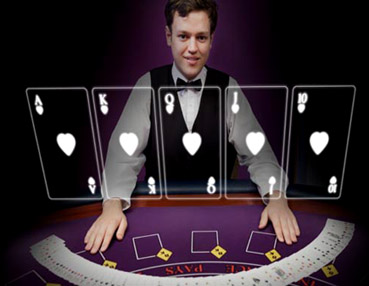Online casinos operate in a restricted legal framework in the Bahamas, with significant limitations on who can participate. The Gaming Board for The Bahamas, established in August 1969 under the Lotteries and Gaming Act, serves as the regulatory authority governing all gaming operations in the jurisdiction (1). While commercial casino gaming is legal and well-established for tourists, online gambling for residents remains heavily restricted under current legislation.
The Gaming Act 2014 modernized the gaming regulatory regime and incorporated a framework to facilitate domestic online gambling, but with strict limitations (1). Currently, there are seven licensed Gaming House Operators offering online services including lotto, slots, and sports betting, but these services are primarily designed for local residents through "web shops" rather than traditional online casinos (2). The Lotteries and Gaming Act prohibits Bahamian nationals, work permit holders, permanent residents, and their spouses from gambling in commercial casinos, creating a unique tourism-focused gaming environment.
"Commercial casino gaming in The Bahamas remains a unique form of entertainment, available specifically to tourists who visit the jurisdiction."
The regulatory landscape continues to evolve as government officials debate potential changes to existing restrictions. Gaming Board Chairman Dr. Daniel Johnson has indicated that legislation may be introduced to allow Bahamian residents to gamble in casinos, describing the current discriminatory laws as "unfair" (2). While three major casino resorts operate legally for tourists - Atlantis Paradise Island, Baha Mar, and Resorts World Bimini - the online casino sector remains limited to domestic gaming operators serving local markets rather than international online casino platforms that tourists might access from abroad.
Source:
https://www.gamingboardbahamas.com/our-history/
https://www.igamingtoday.com/gambling-regulation-in-the-bahamas/
Last updated: 20-07-2025 Disclaimer: This article does not provide legal advice. If you need legal advice, please contact an attorney directly.
